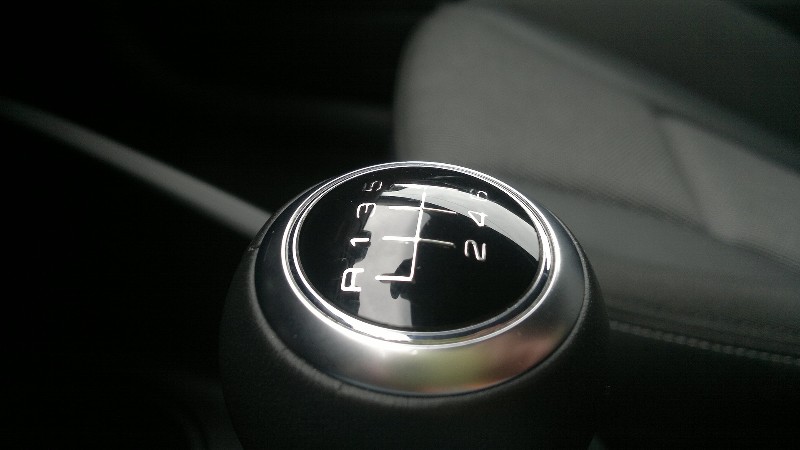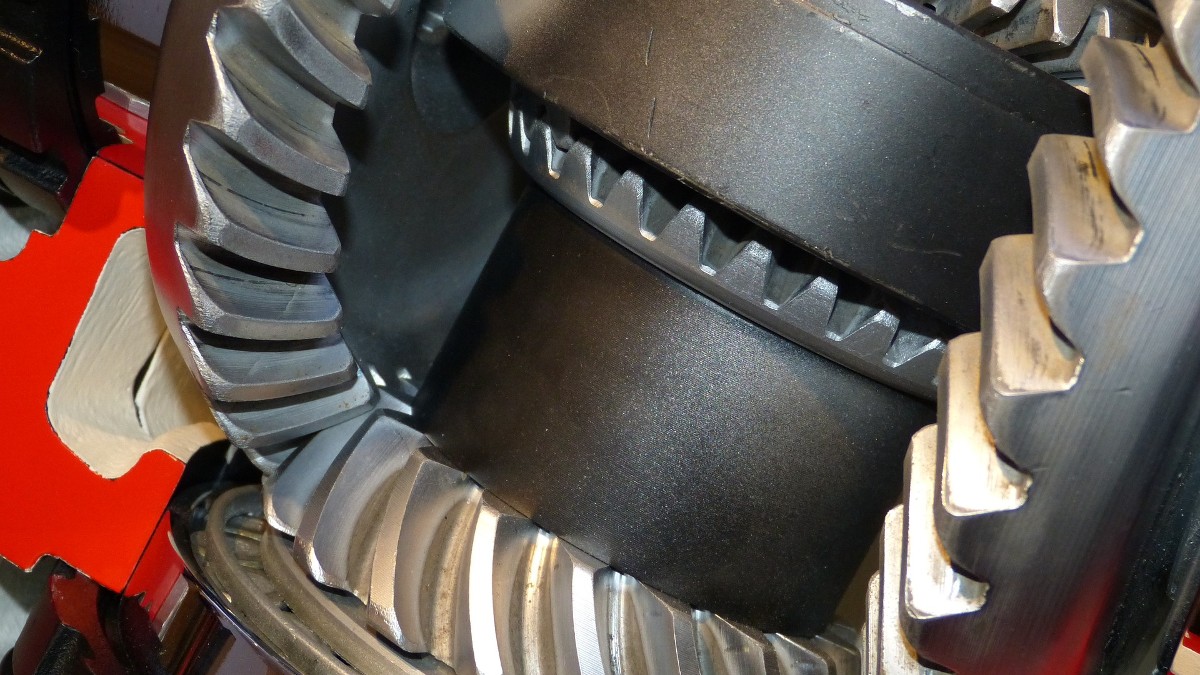When your transmission has a problem, taking it to a professional mechanic is the right thing to do. Driving a vehicle in poor condition is downright dangerous. However, you must think about how long it will take to fix the transmission and get your car back on the road.
Car transmissions are prone to problems that can be fixed. How long it takes to fix these issues depends on the type of transmission, the extent of the damage, and who is fixing it. Minor issues such as fluid replacement are handled in less than a day while overhauls take three to four days.
The transmission is one of the most expensive parts of a car. It’s an intricate and complex machine whose repair is quite tricky. You need a skilled and knowledgeable technician to do the job. Choice of technician and the nature of the issues to fix determine how long to get it fixed.
What Is A Car Transmission?
The transmission is commonly known as the gearbox. It moves power from the engine to the wheels. Transmissions are manual, automatic, or continuously variable. It’s mounted directly on the engine to convert its combustion power to momentum.
How Do I Know My Transmission Needs Fixing?
Knowing how to tell that your transmission needs fixing can save you hundreds of dollars. It also prevents further damage. Here are signs of transmission failure.
Burning Smell
You must visit a professional mechanic when you notice a burning smell in your car. The odor may be indicating that your transmission has a problem. It may result from overheating of the transmission or old or burnt transmission fluid.
Slipping Gears
Gears that impulsively slip in and out of place indicate problems with the transmission. It’s a dangerous situation and makes the car not fit to be on the road. You can tell a slipped transmission when you hear the engine revving when changing gears.
The feeling seems like driving on ice without traction on the road. Other signs of slipping gears include strange noises, harsh responses during a gear change, and delay in acceleration.
Failure To Switch Gears
You’re more likely to be facing issues with the transmission if you’re having a challenge switching gears. The problem may be resulting from the low or incorrect transmission fluid.
Noises When In Neutral
Weird noises while in neutral are a sign of issues with your transmission. It may be a sign that your car needs new transmission fluid. A professional can flush out the old before replacing the fluid. It may also indicate that the car needs a transmission replacement or service.
Leaking Fluid
You can easily tell that your transmission fluid leaks. Look for a red or green fluid with a sweet smell under your car. Then you can tell your mechanic to check the level and fix the source of the leaks.
What Does A Transmission Fix Involve?
Fixing a transmission is one of the most expensive car repairs to make. The cost may involve a new or rebuilt replacement transmission. It also includes the labor cost of removing the old unit and replacing it with the new one.
The operation involves disconnecting fluid lines, engine mounts, exhaust system components, electrical wiring, driveshafts, and axles. Common transmission repairs include linkage tightening or replacement and solenoid replacement.
Transmission fixes depend on their type. The basic service includes removing the transmission and emptying old fluids. Thorough cleaning before replacement and refilling follows. Other parts are also checked to ensure they are in good condition.
You need a transmission specialist to do the job.

How Long Does A Transmission Fix Take?
A transmission fix is a complex and intricate affair. Minor repairs are relatively simple and can be handled without removing the transmission from the vehicle. Computer-controlled transmissions usually suffer from shifting problems resulting from incorrect signals from a faulty sensor.
Adjusting the throttle cable fixes shifting problems in non-computer-controlled transmission. The repairs don’t involve too much work and can be completed before the end of the day. Replacing accessible parts and reseal jobs are also short-time jobs on a transmission.
However, jobs such as complete overhauls or rebuilding take much longer to complete. This is because the jobs require removing the transmission from the vehicle and disassembling it. The technician examines every part for wear and tear and replaces it where necessary.
Replacing the solenoids takes about a day or two. A full rebuild is labor-intensive and can take about three to four days. Fixing the transmission in a front-wheel vehicle also takes about three to four days.
How Much Should I Budget To Fix A Car Transmission?
The cost of rebuilding a transmission is lower than that of a replacement. However, the rebuilding process is extremely complex and requires someone highly skilled and with relevant experience.
Transmission repair costs vary by car make, model, the extent of damage, type of transmission, and who handles the job. The average cost of a transmission fix is $300 to $1,400. A clutch for a manual transmission is from $800 to $1,500. A transmission fluid flush is $165 to $290.
What Should I Do If The Transmission Can’t Be Fixed?
If the transmission in your car can’t be fixed, junk the vehicle. You can sell it to a local salvage yard or part it out yourself and sell the various components. Alternatively, you can sell or trade the car. Someone may be interested in fixing it
Another idea is to buy a used transmission which may cost less than $1000 for some models. It doesn’t come with a warranty and you must budget for a mechanic to install it. You can also have the transmission rebuilt and you may get a labor warranty.
Your mechanic can also recommend a remanufactured transmission. It’s a rebuilt version from the manufacturer. This costs a bit more but comes with a manufacturer’s warranty. If you can afford it, buy a new transmission if your car is expensive.
To Fix Or Replace Your Transmission?
When your transmission has a problem, there’s always an option to repair or replace it. However, you must weigh your options on the best course of action. Here are some considerations to put in mind.
Transmission Mileage
The overall mileage of the car determines whether the transmission needs repair, service, or replacement. A transmission at full auto with 80,000 to 150,000 miles on the odometer is likely to fail. The transmission fails sooner for manual or dual-clutch cars.
Getting a new transmission seems to be a viable solution rather than spending on costly repairs over time.
Condition of The Vehicle
Your vehicle’s condition determines what to do to the transmission when it’s having problems. A car with over 150,000 logged on the odometer doesn’t need to struggle with reviving the transmission or getting a new one.
The new transmission may not be compatible with the old car’s drivetrain. However, a car in mint condition or with historical value is worth reviving. You can repair the transmission or get a rebuilt one after upgrading the drivetrain.
Car Service History
A manual or automatic transmission with a long history of repairs doesn’t need more investment. It may have a chronic problem that eats up your money and time. You can just sell the car and get a new one or replace the transmission.
Which Car Transmission Problems Can Be Fixed?
Minor issues that are repaired include resealing leaks, replacing defective solenoids, throttle cable adjustment, and replacing other components. Major repairs are inspection, assembling, cleaning, and rebuilding. These are labor intensive, take more time, and cost a bit more.
What Happens If I Don’t Get The Transmission Fixed?
If you ignore fixing a transmission with issues, you won’t give the car any gas. It makes the vehicle slow down when on the way. You may also experience slipping when changing gears. Having your vehicle in tip-top shape requires fixing any transmission issues immediately.
Final Thoughts
Any type of car transmission is prone to various issues that affect the overall road experience. Fixing issues ensures that you have a seamless experience when changing gears. If repairs don’t solve the problem or become more expensive, a replacement is inevitable.

